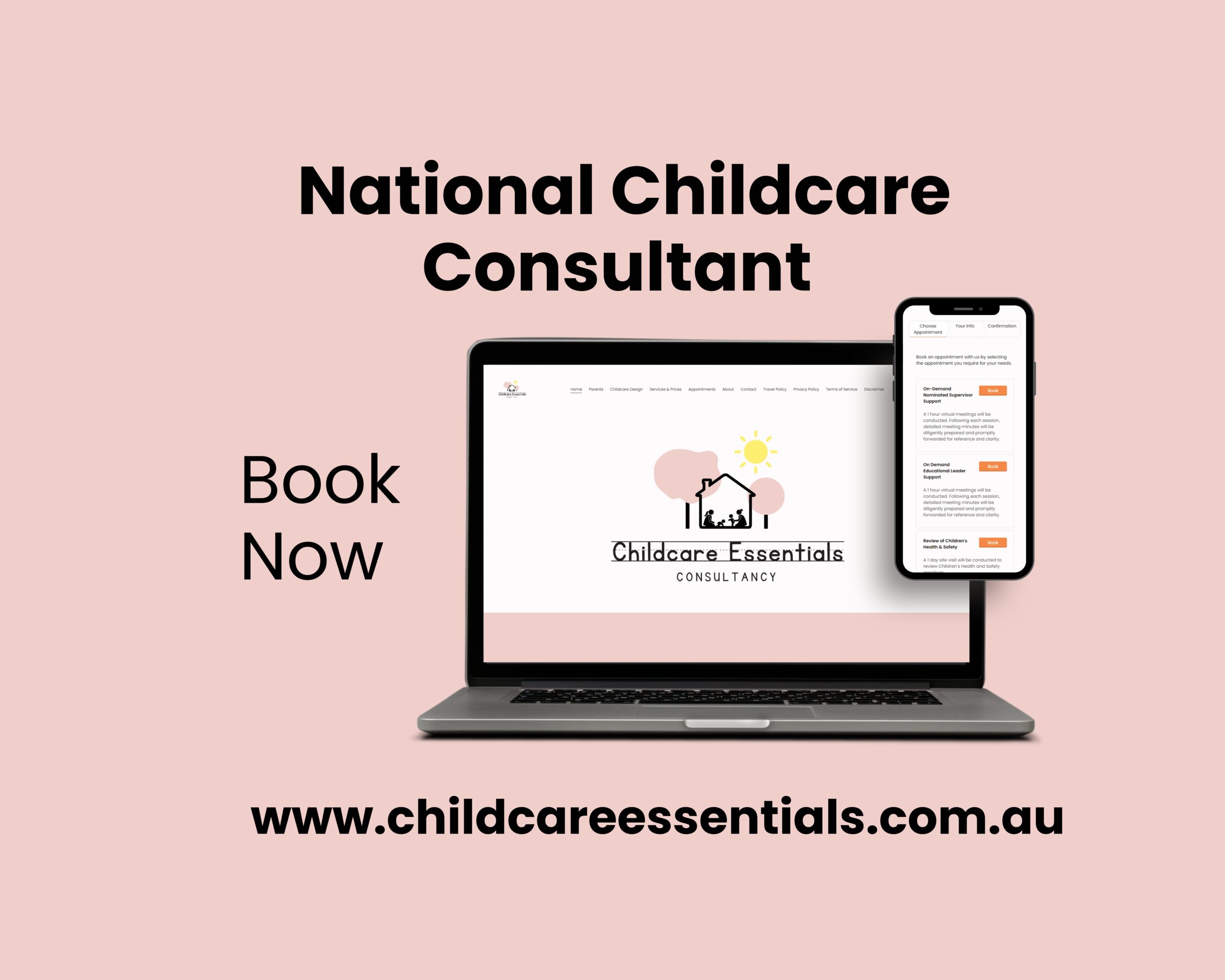Cheaper Child Care Bill passes through the Senate – A reminder of its key measures

The Federal Government’s Cheaper Child Care Bill, in which a range of affordability, accessibility and transparency measures with regards to current subsidy and governance systems have been included, has successfully passed through the Senate.
The passing of the Bill marks an important milestone for Prime Minister Anthony Albanese who has long championed additional measures to improve affordability and accessibility of early childhood education and care (ECEC) for families whilst also sharpening transparency and integrity measures too.
“The first five years of a child’s life are vital to brain development, that’s why we’re making early childhood education more affordable and boosting the number of subsidised hours available to First Nations families,” Minister for Early Childhood Education Dr Anne Aly said.
“These changes will provide household budget relief for families struggling with the rising cost of living, while also improving the economic security of women. More affordable early childhood education and care means more children can access the health and education benefits of foundation years learning.”
The key highlights from the Cheaper Child Care Bill are as follows:
Affordability focused measures:
Key change – Increase the maximum Child Care Subsidy (CCS) rate from 85 per cent to 90 per cent for families for the first child in care and increase the CCS rate for all families earning less than $530,000 in household income
Impact – Families earning up to $80,000 will receive a CCS rate of 90 per cent, and families earning over $80,000 will receive a CCS rate that tapers down by one percentage point for each additional $5,000 of family income until it reaches zero per cent for families earning $530,000
Timing – These changes are to apply from the first CCS fortnight of the income year starting on 1 July 2023.
Transparency focused measures:
Key change – Financial reporting requirements will be imposed to better identify, monitor and mitigate risks posed to the viability of providers who have a significant sector presence.
Impact – All providers operating 25 or more approved child care services, regardless of the type of child care service operated, will be included in the new rule and will be required to proactively report specified financial information, and details of lease arrangements, to the Secretary of the Department of Education (Secretary).
Timing – Not specified.
Accessibility focused measures:
Key change – A base entitlement of 36 hours per fortnight of subsidised ECEC will be extended to families with First Nations children, regardless of activity hours or income level.
Impact – The CCS income test would continue to apply to determine the CCS percentage payable for the 36 hours of subsidised care, that is, families would still be required to pay gap fees for subsidised hours in accordance with their income level.
Timing – These changes are to apply from the first CCS fortnight of the income year starting on 1 July 2023.
Integrity focused measures:
Key changes – Require child care providers to collect gap fees via electronic funds transfer only, make good governance an eligibility requirement for provider approval and allow the Secretary to specify the information an attendance report by a provider must contain.
Impact – Cash will no longer be a payment option at ECEC services and any new providers will need to present policies and procedures that demonstrate good governance is being applied within the applicant organisation.
Timing – Not specified.
Additionally the Bill includes measures that permit child care providers to offer a discount on child care fees to staff engaged as educators, without this affecting the amount of CCS payable for the educator as a means to support the retention and attraction of educators.
To review the contents of the Bill please click here.















